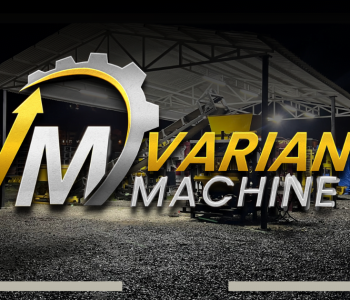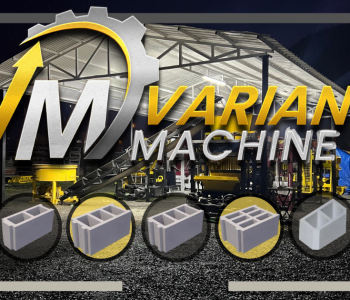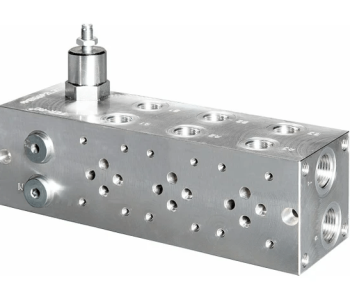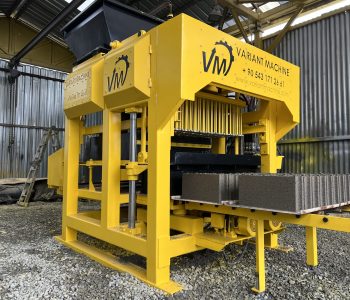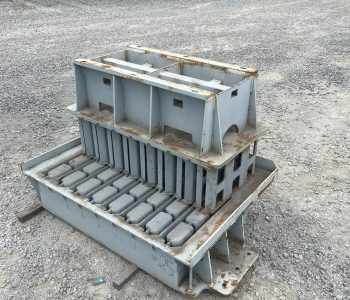Eritrea: A Nation of Heritage and Modernization
Eritrea, located in the Horn of Africa, is a country where historical richness meets contemporary development. With its capital, Asmara, serving as a central hub, Eritrea is known for its unique blend of cultural influences and ongoing modernization. The country’s journey from a colonial past under Italian and Ethiopian rule to its current status as an independent nation reflects a story of resilience and growth.
Eritrea’s historical backdrop is marked by its Italian colonial architecture, which is evident in cities like Asmara and Massawa. Following its independence from Ethiopia in 1991, Eritrea has been focused on building its infrastructure and enhancing its economic prospects. The country has witnessed a steady pace of development, characterized by infrastructure improvements and economic diversification.
In recent years, Eritrea has been investing in its urban and industrial sectors, aiming to boost economic growth and improve living standards. This progress is particularly noticeable in major cities such as Asmara, known for its well-preserved modernist architecture, and Massawa, a significant port city with historical and economic importance.
The Construction Sector in Eritrea
As Eritrea continues to evolve, the construction sector plays a crucial role in its development. The need for infrastructure development and urbanization has driven the demand for various types of construction machinery, reflecting the sector’s growing importance. Key urban areas, including Asmara, Massawa, and Keren, are seeing increased construction activities, from residential and commercial buildings to major infrastructure projects.
Common Construction Machinery in Eritrea
Concrete Block Machines are vital in Eritrea’s construction industry for producing different types of concrete blocks used in various construction projects. In Eritrea, these machines are used to create:
- Standard Concrete Blocks: Commonly used for a wide range of structural applications due to their versatility.
- Hollow Blocks: Known for their lightweight and thermal insulation properties, ideal for partition walls and structural elements.
- Interlocking Blocks: Feature a design that allows them to be assembled without mortar, facilitating faster construction.
- Paving Blocks: Used for creating durable and visually appealing pavements and walkways.
Concrete Batching Plants are essential for producing large volumes of concrete. They come in two primary configurations:
- Stationary Batching Plants: These fixed installations are ideal for large-scale construction projects, providing consistent concrete quality and high production capacity.
- Mobile Batching Plants: Portable and adaptable, these plants are suitable for smaller or remote projects where on-site concrete production is needed.
Crusher Plants are used to process large rocks and materials into smaller, manageable sizes for construction use. They come in:
- Mobile Crusher Plants: Versatile and transportable, these plants are useful for projects with varying site conditions or where on-site material processing is required.
- Stationary Crusher Plants: Fixed at a specific site, these handle larger quantities of material and are suited for extensive, long-term projects.
Different types of crushers within these plants include:
- Jaw Crushers: Employ compressive force to crush materials, ideal for primary crushing tasks and handling a variety of materials.
- Cone Crushers: Utilize a rotating cone for crushing, efficient for secondary and tertiary tasks and capable of handling harder materials.
- Impact Crushers: Use impact force to break materials, suitable for producing sand and gravel from rocks.
- Vertical Shaft Impact (VSI) Crushers: Known for producing high-quality sand and fine aggregates, these are used in applications requiring precise material grading.
Conclusion
As Eritrea continues its journey of growth and modernization, the construction sector remains a cornerstone of its development. The availability of advanced construction machinery supports the country’s infrastructure and urbanization efforts, from producing concrete blocks to processing materials. With a rich historical backdrop and a commitment to future progress, Eritrea is building a robust foundation for continued development while honoring its cultural heritage.
